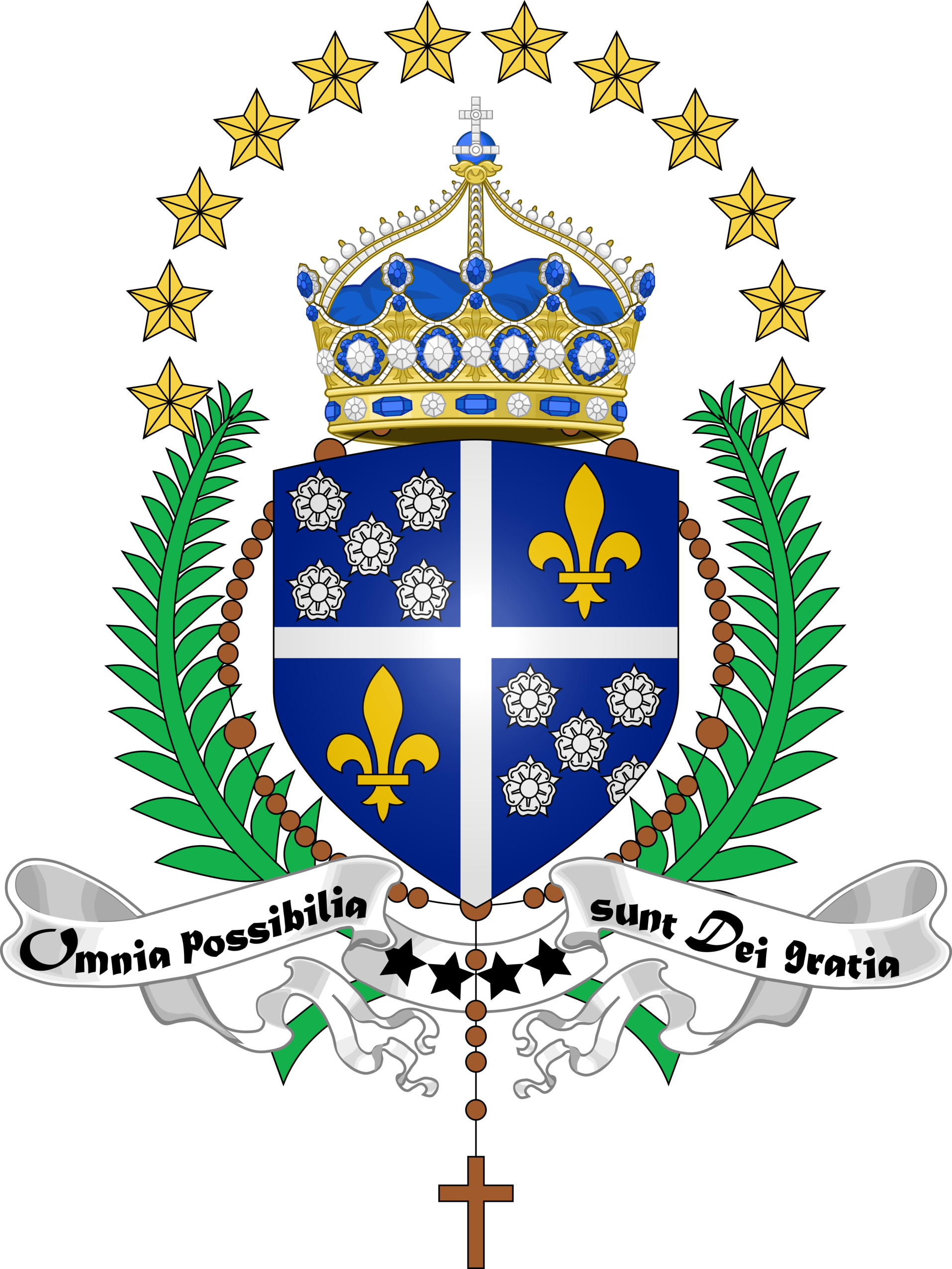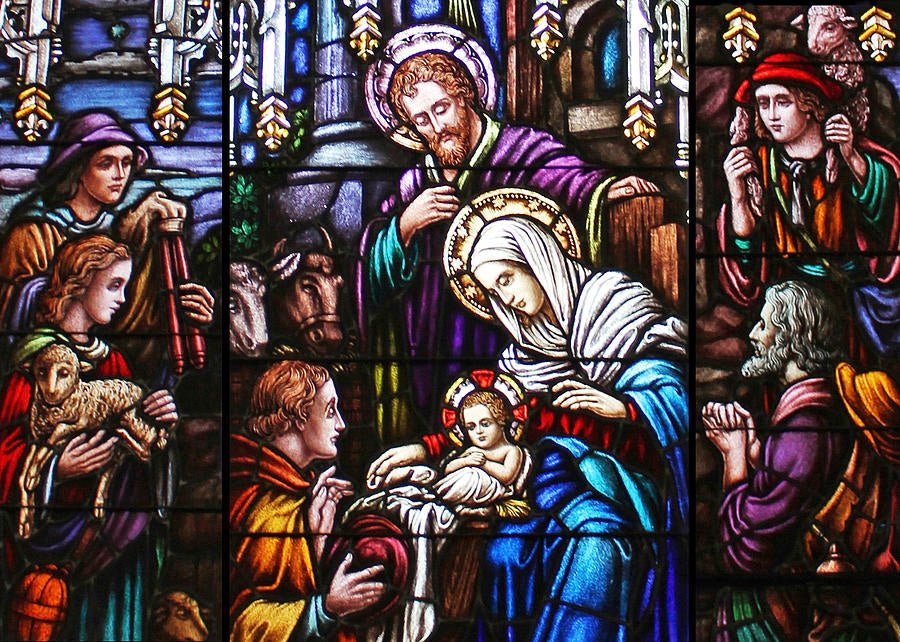Aujourd'hui, le 24 décembre, l'Église célèbre la fête de Saint Adam et Ève. En plus d'être reconnus comme le premier homme et la première femme, de nombreux catholiques ne savent peut-être pas qu'Adam et Ève sont également considérés comme des saints dans l'Église catholique. Après le péché originel, on pense qu’Adam et Ève ont vécu toute leur vie sans commettre d’autres transgressions. Leur voyage de 900 ans a été à la fois rempli de joie mais aussi de profonde tristesse, étant témoin des conséquences de la chute.
La célébration de Noël, la nativité du Christ, coïncide avec l'ancienne fête romaine Dies Natalis Solis Invicti ( « anniversaire du Soleil invincible »). Cette fête marquait la transition vers le solstice d'hiver, le jour où la lumière du jour commence à s'allonger et les nuits à raccourcir. Il y a une beauté poignante dans cette coïncidence, et une profonde sagesse dans la décision de l’Église de placer la fête d’Adam et Ève la veille de Noël. Des ombres apportées par le péché d’Adam, nous passons avec Jésus à la lumière. Le Christ est notre Soleil – la source de lumière dans nos vies, l’origine de tout ce qui est bon. Il est le nouvel Adam, la solution divine aux ombres projetées par le péché originel et à nos propres fragilités et péchés.
Alors que nous approchons des dernières heures avant Noël, réfléchissons à Adam et Ève, au péché originel et à nos propres défauts. Puissions-nous préparer nos cœurs à accueillir Jésus, le seul qui peut nous sauver. Prions pour que ce Noël nous transforme profondément, nous et nos proches, nous permettant d'accepter humblement la volonté de Dieu et de rechercher constamment la communion avec lui.
N'oublions pas également d'exprimer notre gratitude à Dieu le Père de nous avoir envoyé son Fils, à la Bienheureuse Vierge Marie d'avoir accepté avec grâce la volonté de Dieu et d'être devenue le tabernacle de notre Seigneur, et à Saint Joseph d'avoir protégé avec courage et amour Marie et Jésus.

